Bhoomi kaushik
Get Real Experts on your side
Before venturing to seek career counseling, answer a few basic questions so we can connect you with our best expert counselor for personalised guidance and mentorship.




Bhoomi kaushik
02/09/2024
Who is a Chartered Accountant?
The Chartered Accountant designation comes with experience in the financial area and a certificate from any recognized chartered accountancy body, like the Institute of Chartered Accountants of India Institute of Chartered Accountants in England and Wales or similar institutes in other countries. The very prefix 'Chartered Accountant' speaks volumes about the high level of professionalism involved in accounting, auditing, taxation, financial management, and other areas of finance.
The Key Responsibilities and Roles of a Chartered Accountant include:
1. Financial Reporting: CAs report on and prepare financial statements for approval to ensure that the regulatory standards in financial reporting are complied with, together with the correct portraiture of an organization's financial position.
2. Auditing: Auditing of the financial statement done with sufficient accuracy finds fraud and determines whether the organization complies with the relevant laws and regulations. They could be external auditors working for different firms, or they may also be internal auditors in one organization only.
3. Taxation: The chartered accountants offer tax planning and advisory services for both individuals and companies. They assist their clients in reducing their liabilities to the barest minimum within the ambit of the law while advising them on compliance with the provisions of the tax laws.
4. Management Accounting: CAs advise and provide insight into financial planning, budgeting, and financial management strategies that enable a business to make informed decisions leading towards profitability and efficiency.
5. Advisory Services: Chartered accountants also undertake consulting assignments in business strategy issues, mergers and amalgamations, risk management, and corporate finance.
6. Forensic Accounting: CAs also practice as forensic accountants in finance-related disputes or fraud investigations through the analyses of illegal activities in financial data.
7. Corporate Governance and Compliance: They ensure the companies are practising standards of corporate governance and adhere to all legal and statutory requirements.
Qualification and Professional Training:
Before one qualifies to be a Chartered Accountant, serious professional training has to take place involving the following:
Educational Qualification: There are a few academic backgrounds in commerce that help, though it may be optional. After studies at the secondary level, students who intend to become CAs have to follow a course of action involving passing various examinations but with necessary practical training.
Professional Examination: The multi-tier examination at Foundation, Intermediate, and Final stages covers different subjects relating to accounting, law, taxation, and finance within the CA qualification. Articleship Training: A student intending to become a chartered accountant must undergo the mandatory practical training under the practising CA, called Articleship assistance. During this training period, one learns practically in most of the areas of accounting and finance.
Continuous Professional Development: Even after qualification, CAs are obliged to pursue continuous learning and professional development in order to upgrade their respective expertise in laws, regulations, and accounting standards.
Global Recognition/Career Opportunities:
The status of a Chartered Accountant ascertains recognition and respect for professional knowledge in matters of finance in every country of the world. These accounting professionals may be utilized in sectors dealing with banking, finance, consulting, and public practice, to mention a few. They could also hold the following designations: Chief Financial Officer, Financial Controller, Tax Consultant, Auditor, and Management Consultant.
The CA course opens avenues for career opportunities in not only the private but also the public sectors. Generally, CAs hold prestigious and influential positions in organizations' financial decision-making. A number of chartered accountants start their practices by engaging in rendering diverse services related to finance by offering their expertise to companies and individuals.
How to Become a Chartered Accountant After 12th: A Step-by-Step Guide
Now, becoming a chartered accountant right after completing the 12th standard is an option for which students, especially in the commerce stream, remain eager and interested. Actually, the journey to achieving this degree is so well-structured and pledges hard work that will be rewarding. Now, how can you be a successful chartered accountant right at the end of your 12th standard?
Although students from any stream are eligible to take up CA, having commerce in 11th and 12th standards will give you an added advantage over others. The subjects of accountancy, business studies, and economics play a constructive role in pursuing your CA course.
Register for the CA Foundation Course
First, immediately after the 12th board examinations, get yourself enrolled in the CA Foundation Course. CA Foundation is an entrance-level examination that is held under the supervision of the Institute of Chartered Accountants of India, ICAI. You can only register your name for the foundation course with ICAI after your 12th.
Application Deadline:
In the May attempt examination, One has to get the registration done by January 1st of that particular year.
To attempt the exam in November, one may consider the last day of registering as July 1st of the particular year.
How to Prepare for the CA Foundation Exam
After registration, one has to be prepared for the CA Foundation Exam, which consists of four papers, namely;
1. Principles and Practice of Accounting
2. Business Laws and Business Correspondence and Reporting
3. Business Mathematics, Logical Reasoning and Statistics
4. Business Economics and Business and Commercial Knowledge
A minimum of four months of focussed study is, therefore, required in view of the vast and difficult syllabus.
Appear for the CA Foundation Exam
The CA Foundation Exam is conducted in May and November of every year. The minimum required to pass the same is 40% in each paper while clearing an aggregate of 50% in all four papers.
Enroll for the CA Intermediate Course
The candidates have to enroll in the CA Intermediate Course once they have qualified with the CA Foundation. Falling higher in the hierarchy in their journey of being a CA, unlike that of the Foundation level, all those papers will fall in a more advanced and specialized nature.
Registration Process:
A candidate can register for the Intermediate course once they clear the Foundation examinations.
You have to study for eight months after registration to qualify to appear in the intermediate examinations.
Appear for the CA Intermediate Examination
The CA intermediate examination comprises two groups, and each group has four papers, specifically as follows:
Group I:
Accountancy
Corporate & Other Laws
Cost & Management Accountancy
Taxation
Group II:
Advanced Accountancy
Auditing & Assurance
Enterprise Information Systems & Strategic Management
Financial Management & Economics for Finance
You can appear in both groups together or separately. As is the case with the Foundation level, you need to score at least 40% on every paper and 50% on every group for a pass.
Pass ICITSS (Integrated Course on Information Technology and Soft Skills)
Before commencing an Articleship, you will be required to undergo a four-week course- the ICITSS on Information Technology and Orientation. As a matter of fact, this course is one of the prerequisite courses necessary for imparting a part of the foundational skills that you will require in your Articleship and beyond.
Pass either one or both groups of the CA Intermediate examination for undergoing three years of Articleship training under the practising CA. This will be the most crucial phase in your CA journey, which will provide you with hands-on experience in auditing, taxation, accounting, and other financial services.
In the process of Articleship, one covers Advanced ICITSS- Information Technology and Management Communication Skills; then he gets qualified to appear for the CA Final examination.
Enroll for the CA Final Course
You shall be eligible to appear for the CA Final Course, after completion of your Articleship training and after passing both groups of the CA Intermediate examination. This is the last step of your CA pursuit.
Preparation and Passing the CA Final Exam
The CA Final exam is the toughest part of the pursuit of a CA. CA Final comprises two groups with four papers each:
Group I:
Financial Reporting
Strategic Financial Management
Advanced Auditing and Professional Ethics
Corporate and Economic Laws
Group II:
Strategic Cost Management and Performance Evaluation
Elective Paper - Anyone is to be chosen from options like risk management, financial services, international taxation, etc.
Direct Tax Laws and International Taxation
Indirect Tax Laws
Just like in the previous stages, candidates must be successful in both groups with a minimum of 40% in each paper and an aggregate of 50% in each.
Completion of GMCS and Advanced ITT Courses
Before one qualifies as a CA, he must attend courses in GMCS and Advanced ITT. These are important in getting management and communication skills.
Membership in ICAI
The last one is the membership registration with ICAI upon qualification in the CA final examination, along with fulfilling other eligibility criteria. You shall enrol to become a chartered accountant.
Conclusion:
CA after class XII is a journey of much-needed dedication, hard work, and perseverance. Each step is vital in building up experience, skills, and knowledge to be a performer in the arena. If approached rightly and committed to it, surely you can achieve this prestigious designation as a CA and open the way for successful careers in finance, accounting, and business.

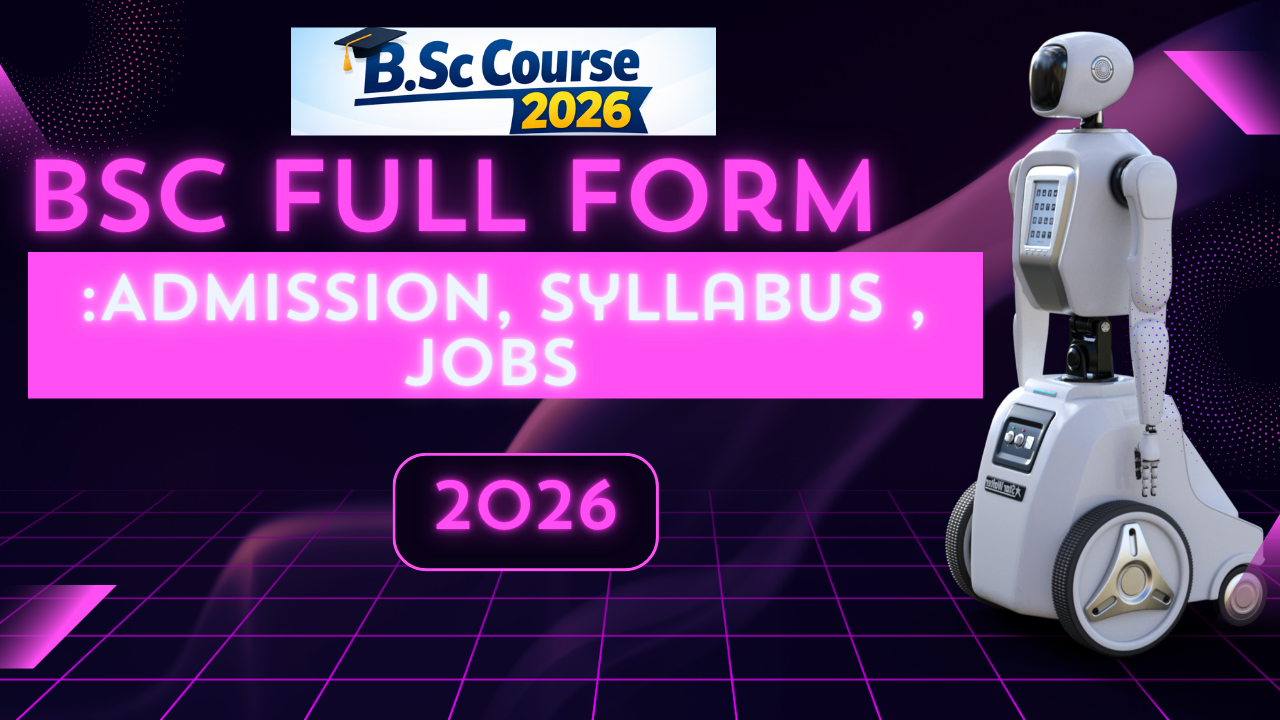
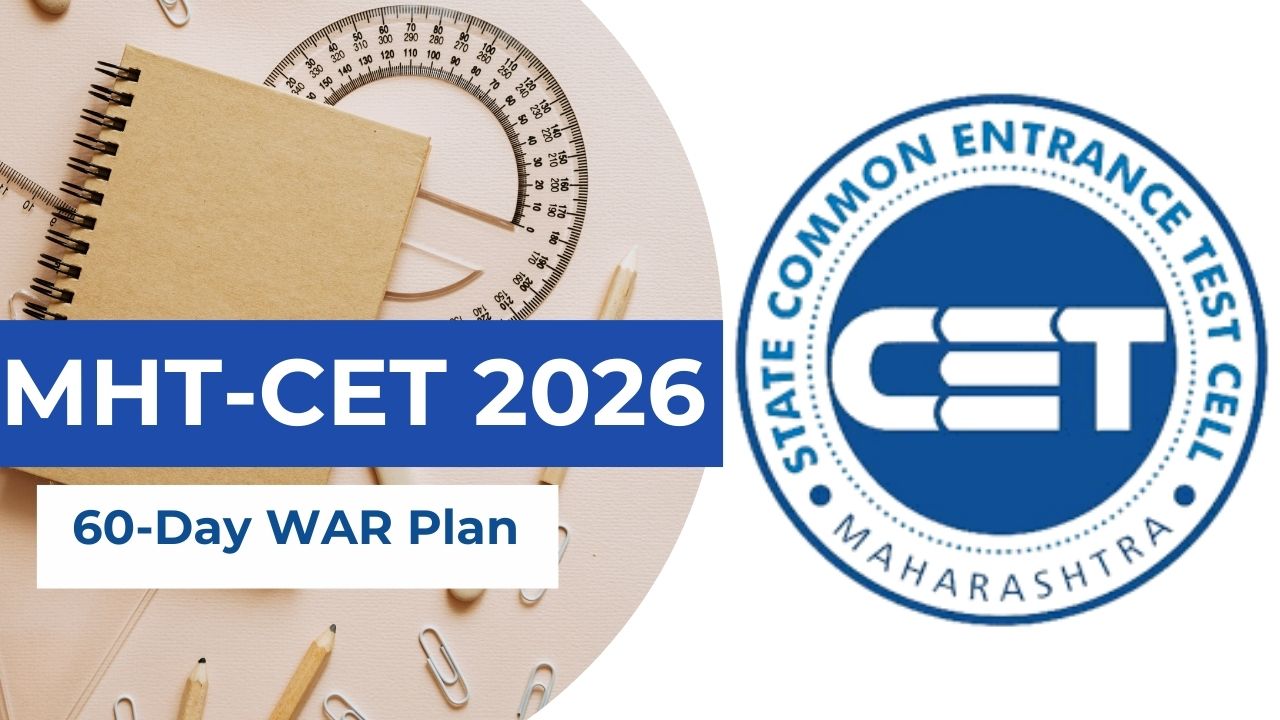
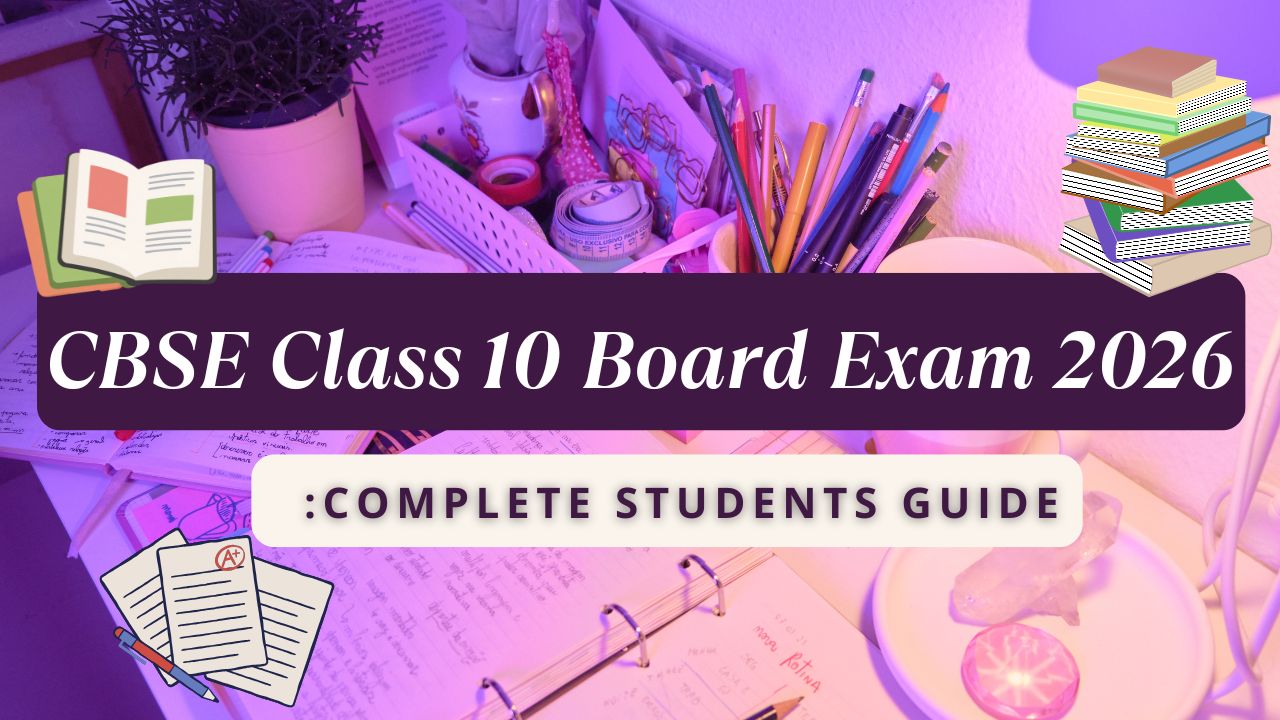
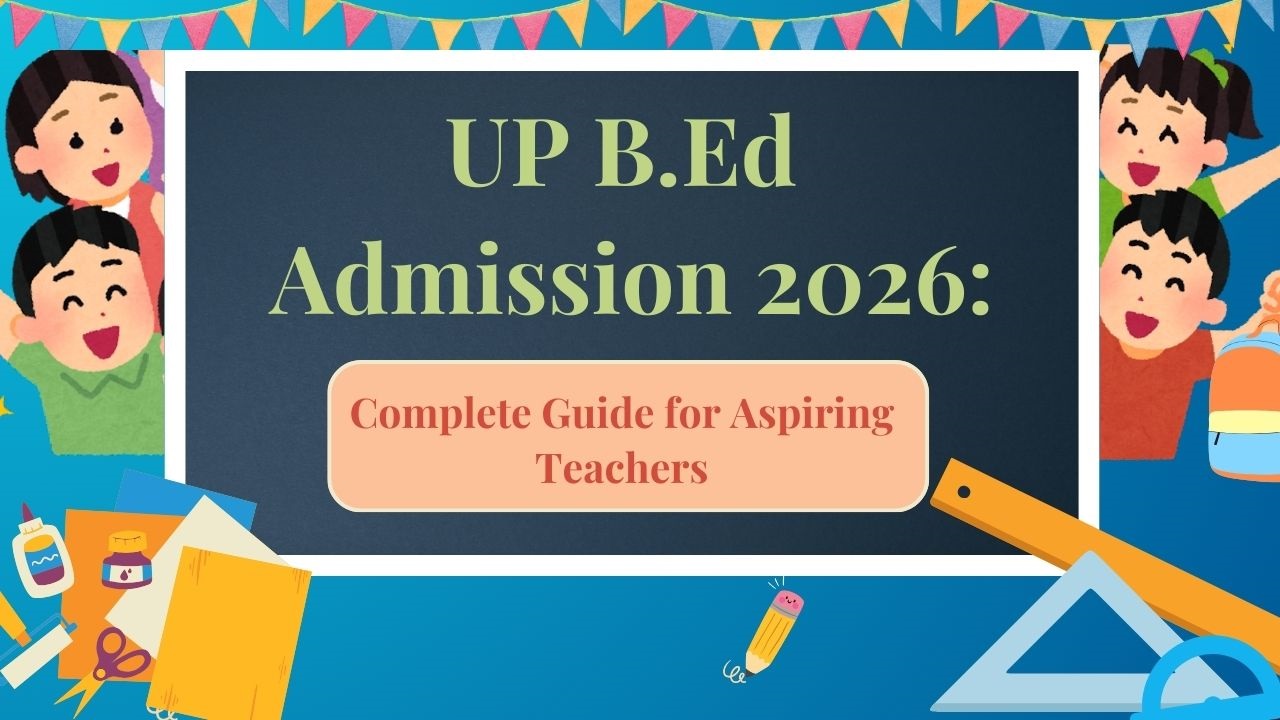
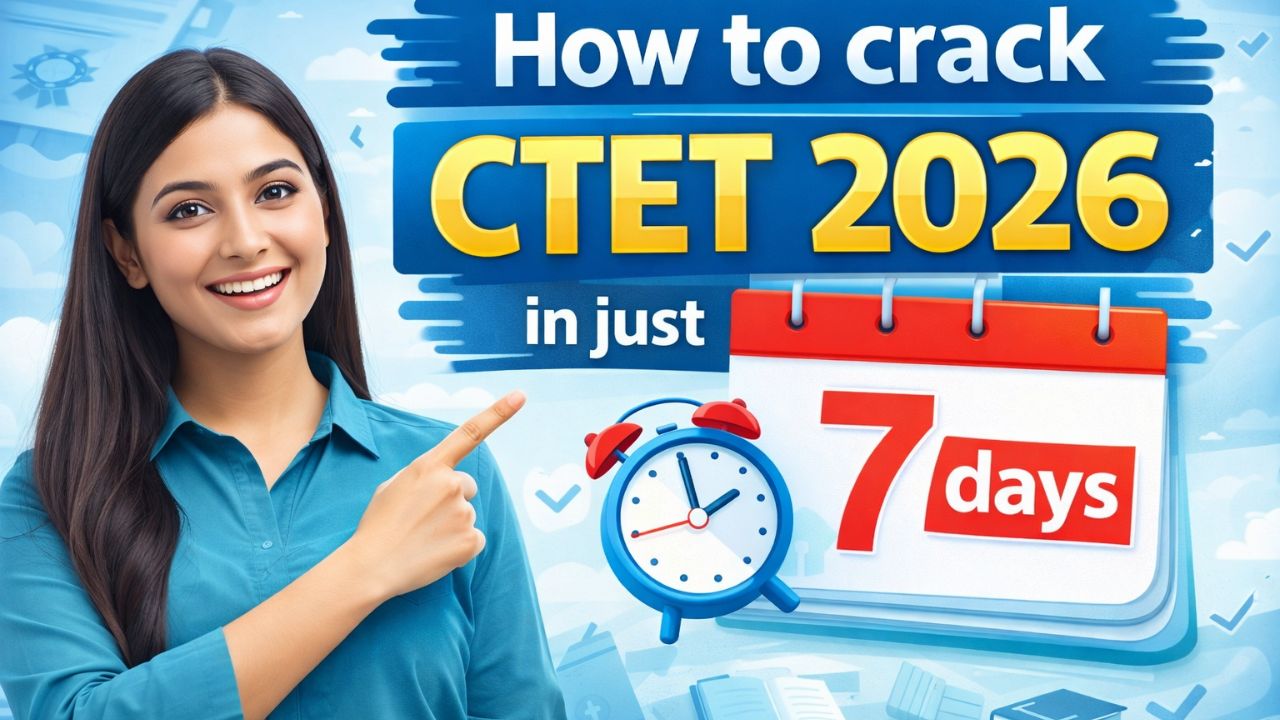



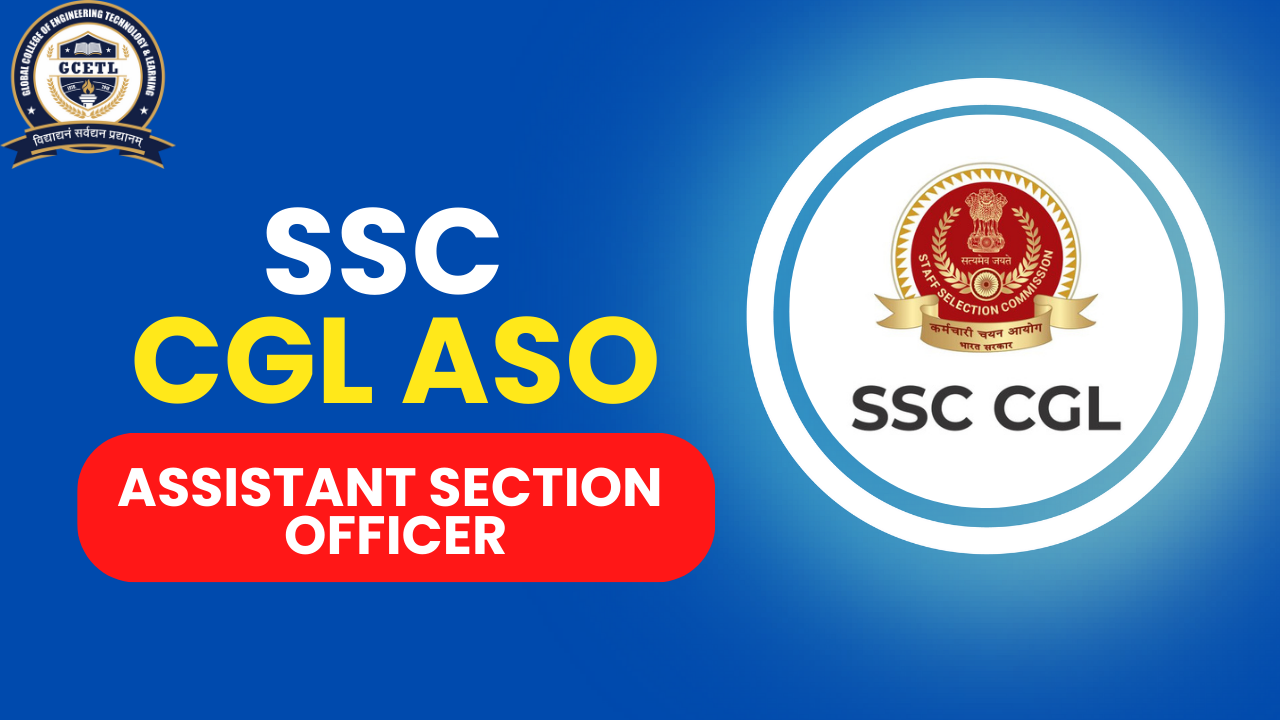
.png)



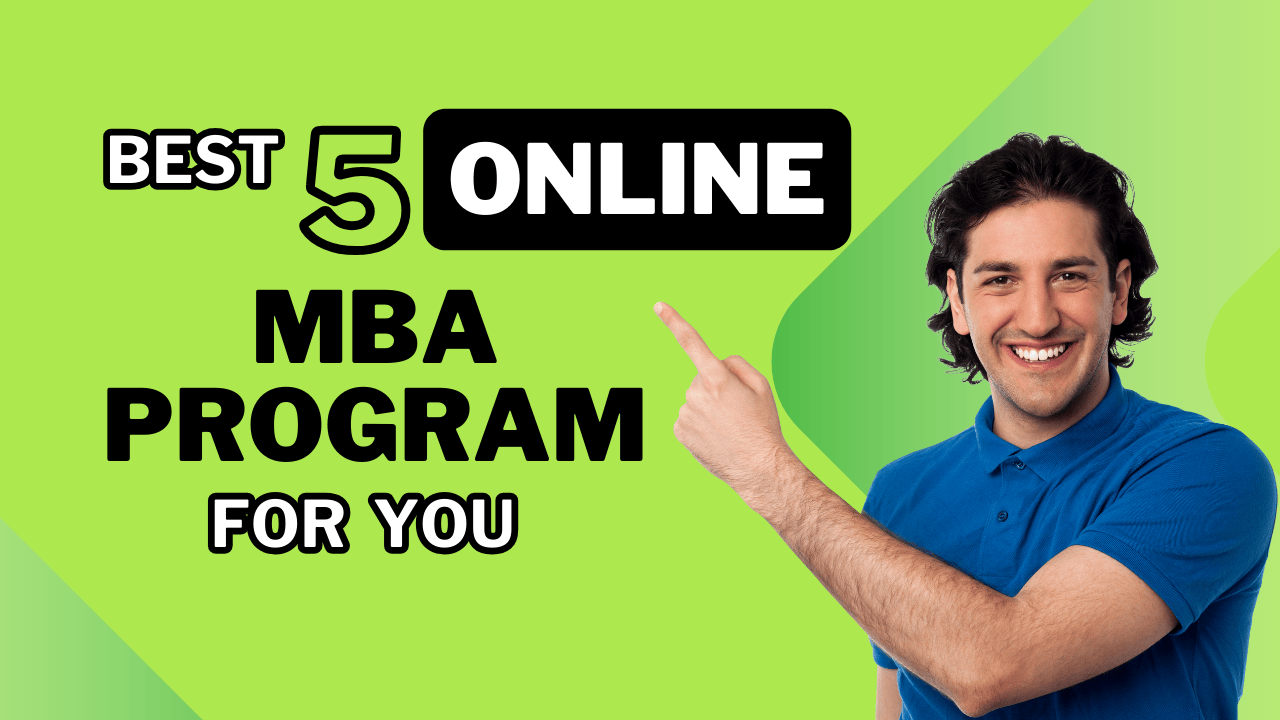
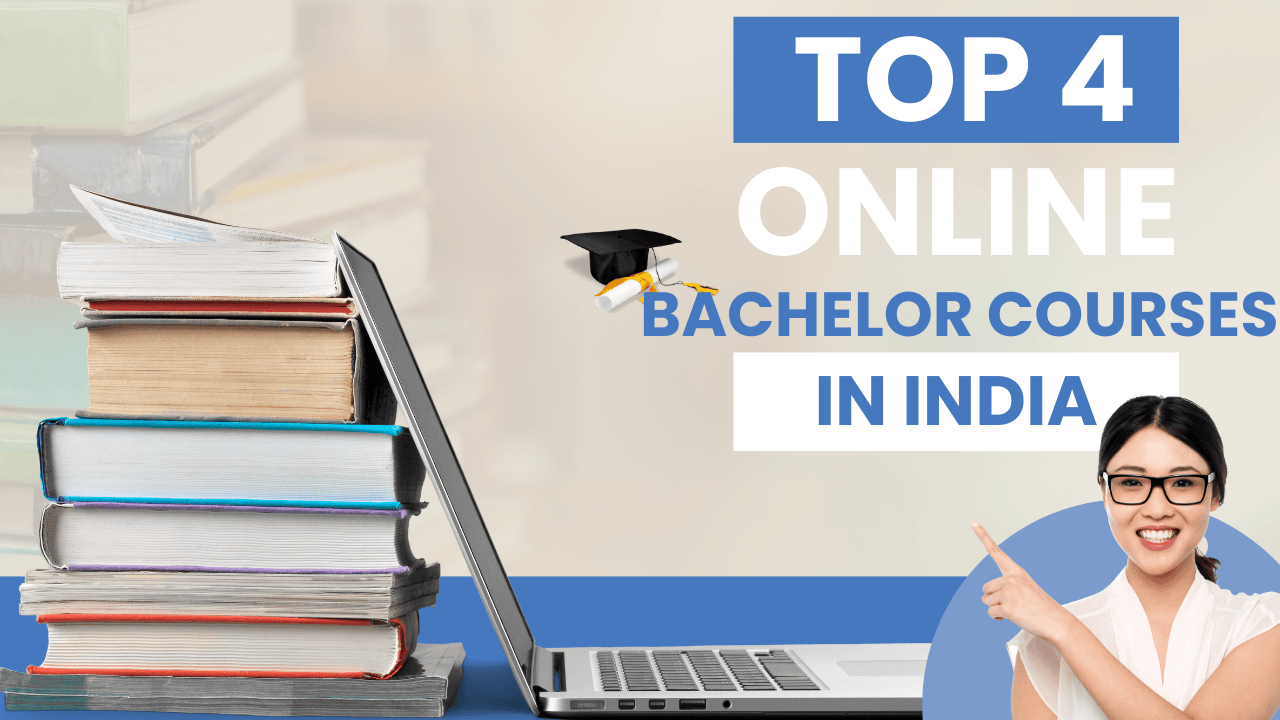






.jpg)


.jpg)




.png)







.png)

.png)




.png)

.png)
.png)



.png)

.png)

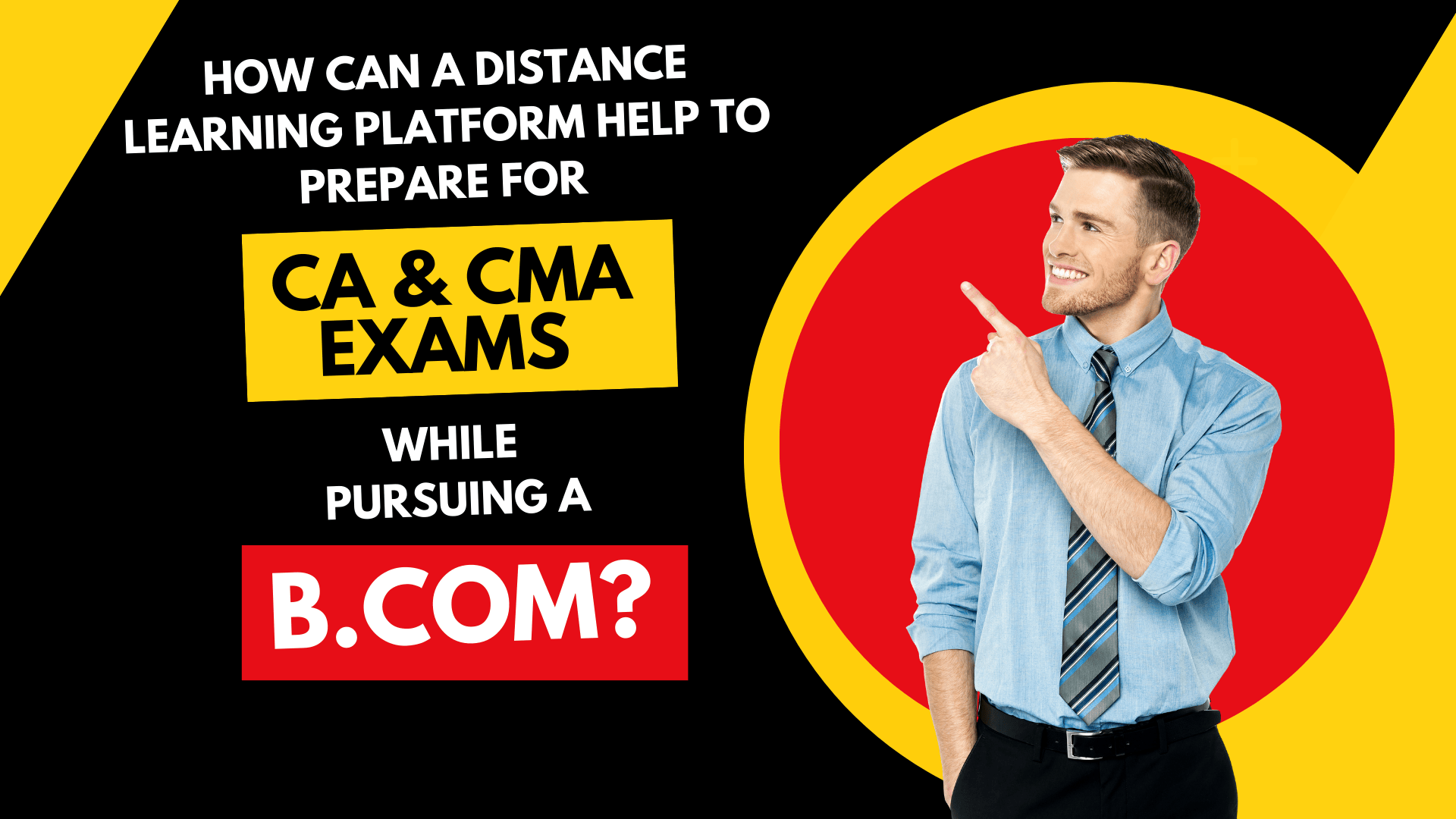
.png)

.png)


.png)

.png)

.png)
.png)

 (1).png)



.png)

.png)
.png)


.png)


.png)


.png)

.png)







.png)





.png)


.png)














.png)













.png)




.jpg)






.png)




.png)


.png)
.png)
.png)
.jpg)



.png)


.png)
.png)
.png)



.png)











.png)
.png)



.png)


.png)
.png)


.jpg)







.jpg)









.jpg)





.png)


.jpg)



Before venturing to seek career counseling, answer a few basic questions so we can connect you with our best expert counselor for personalised guidance and mentorship.
